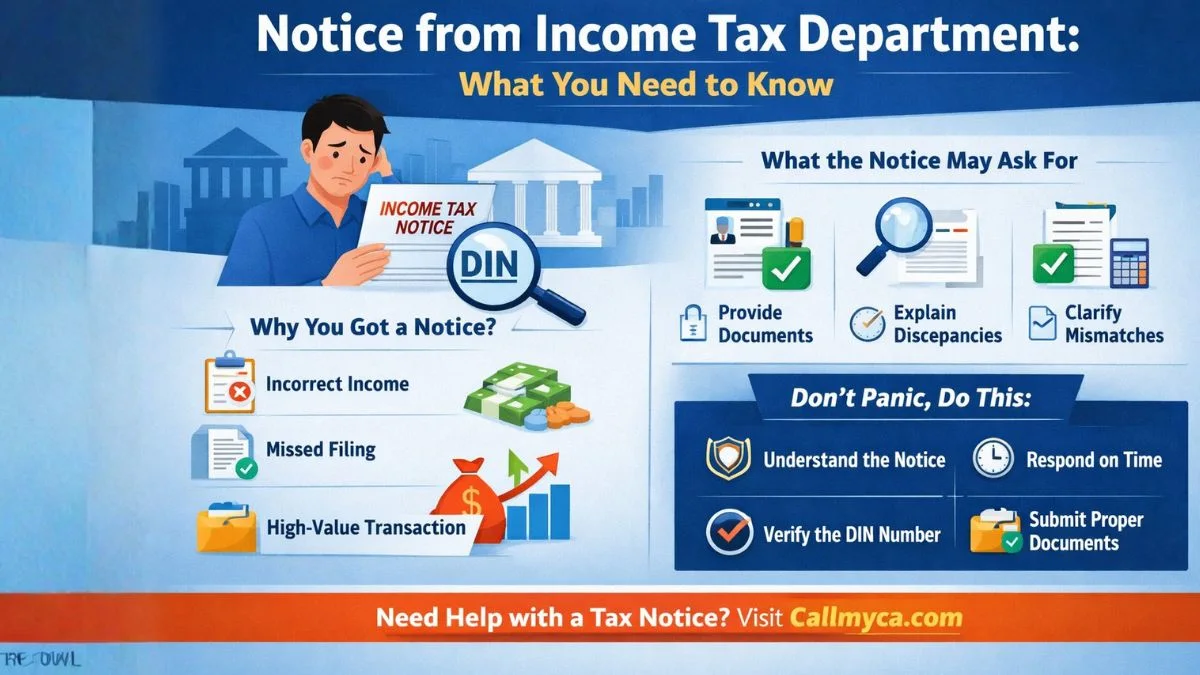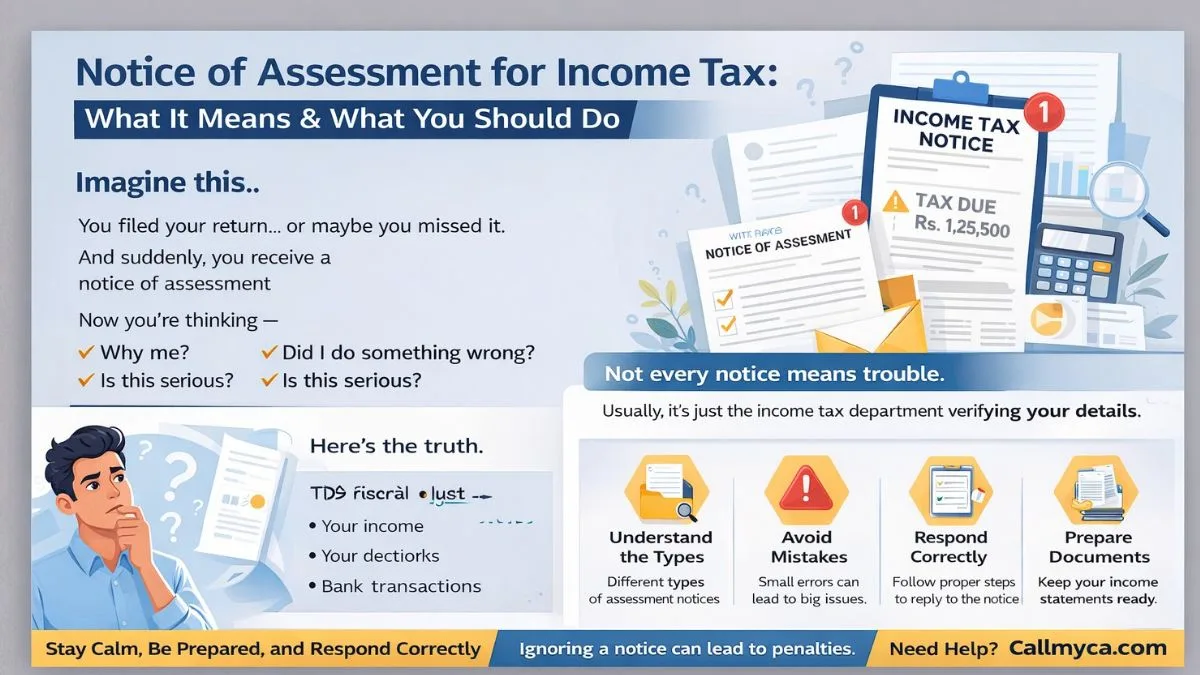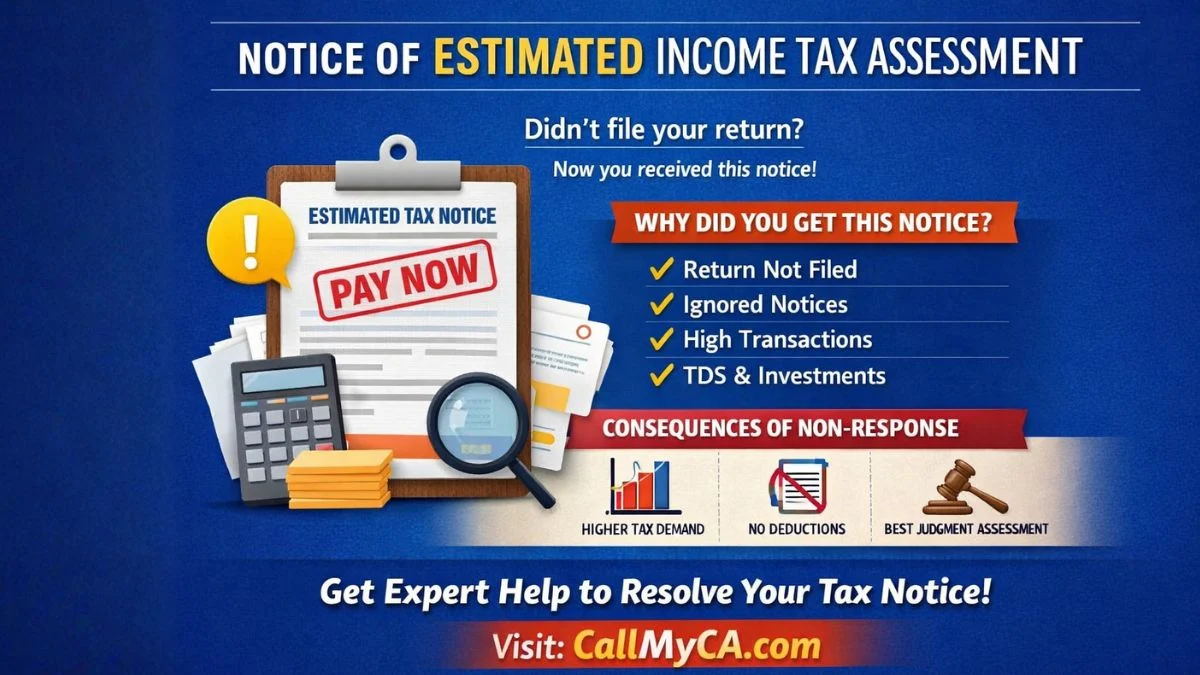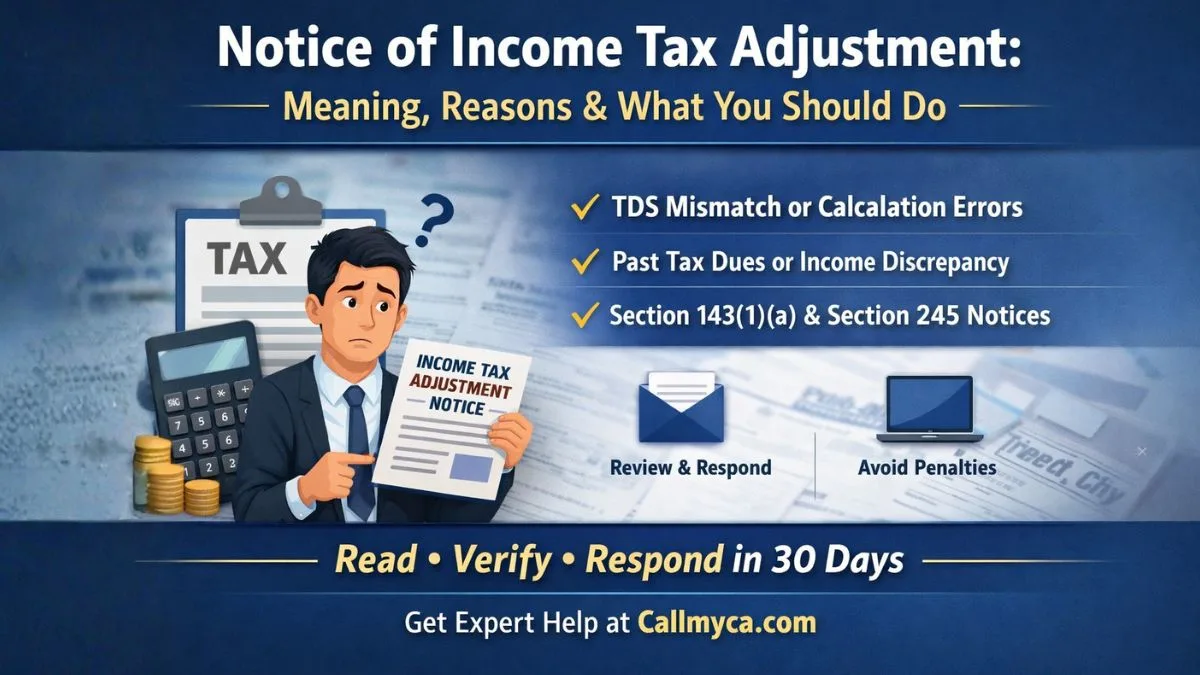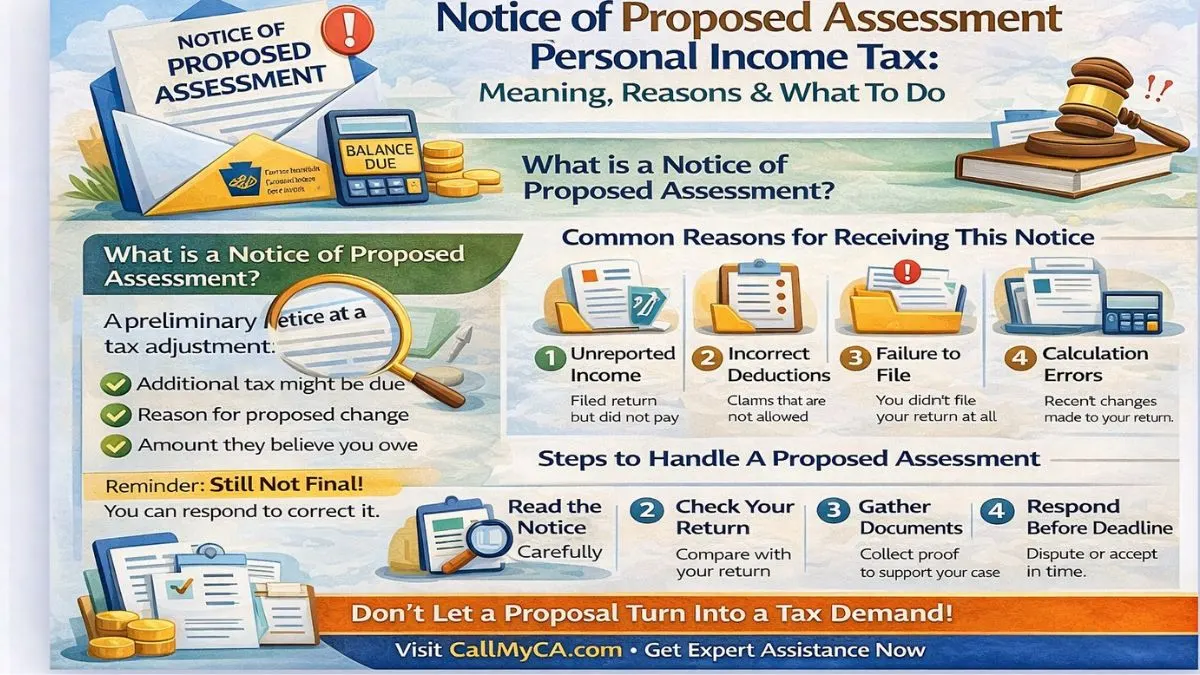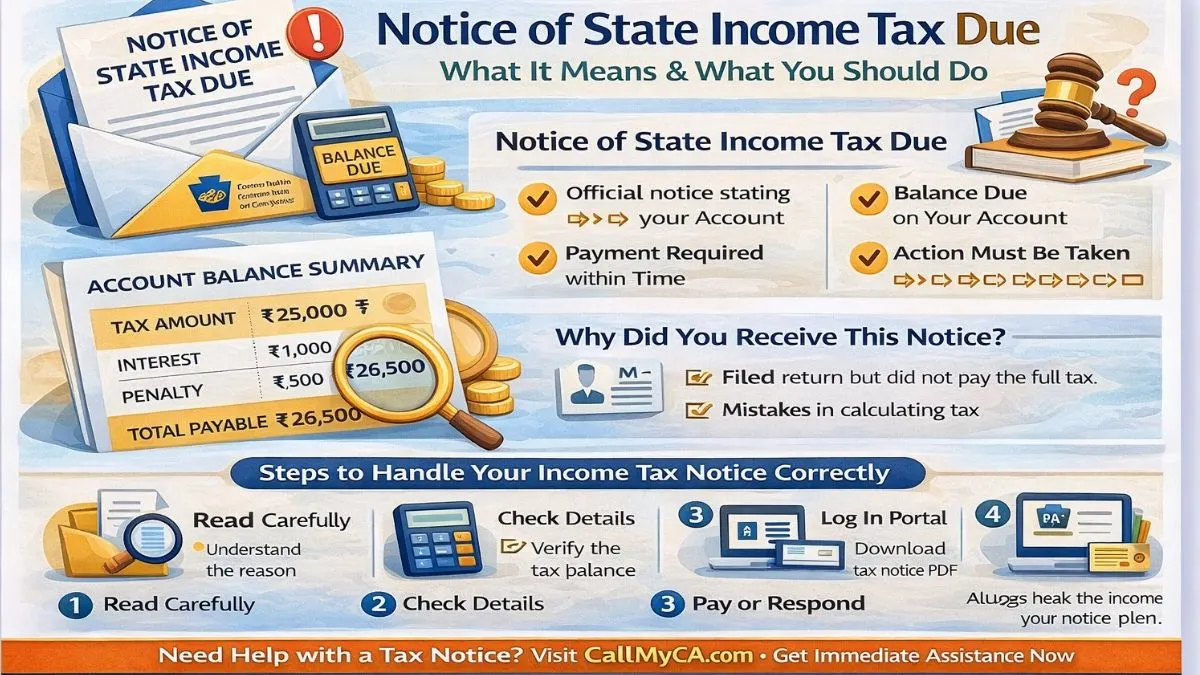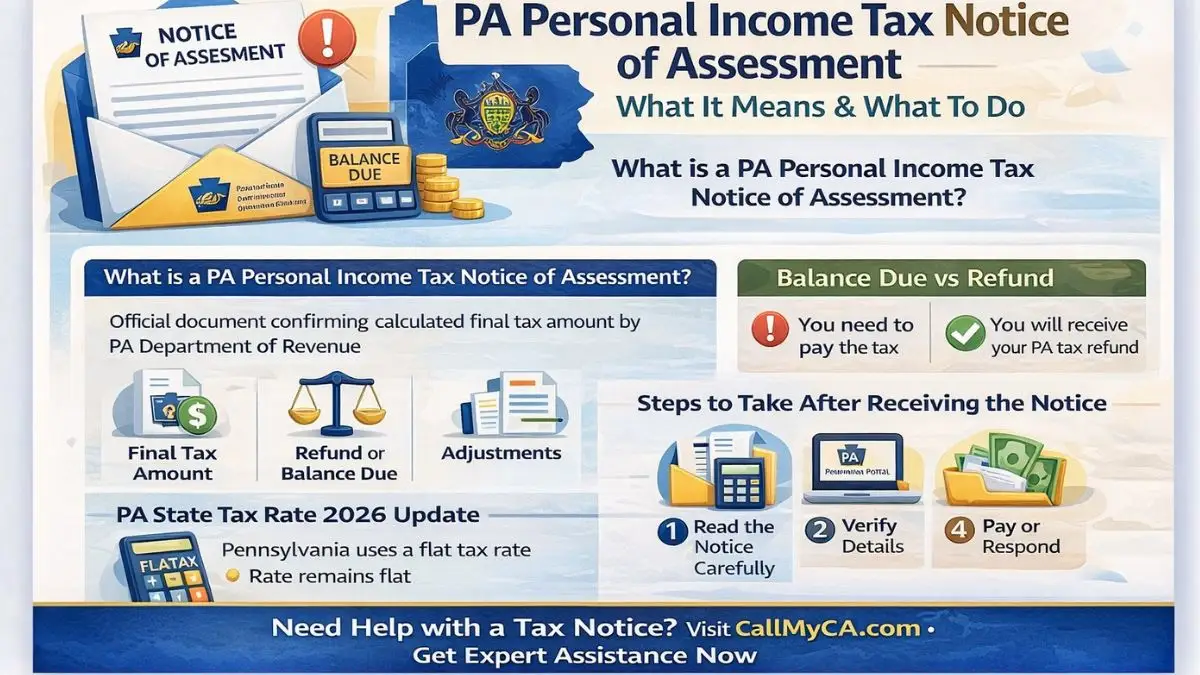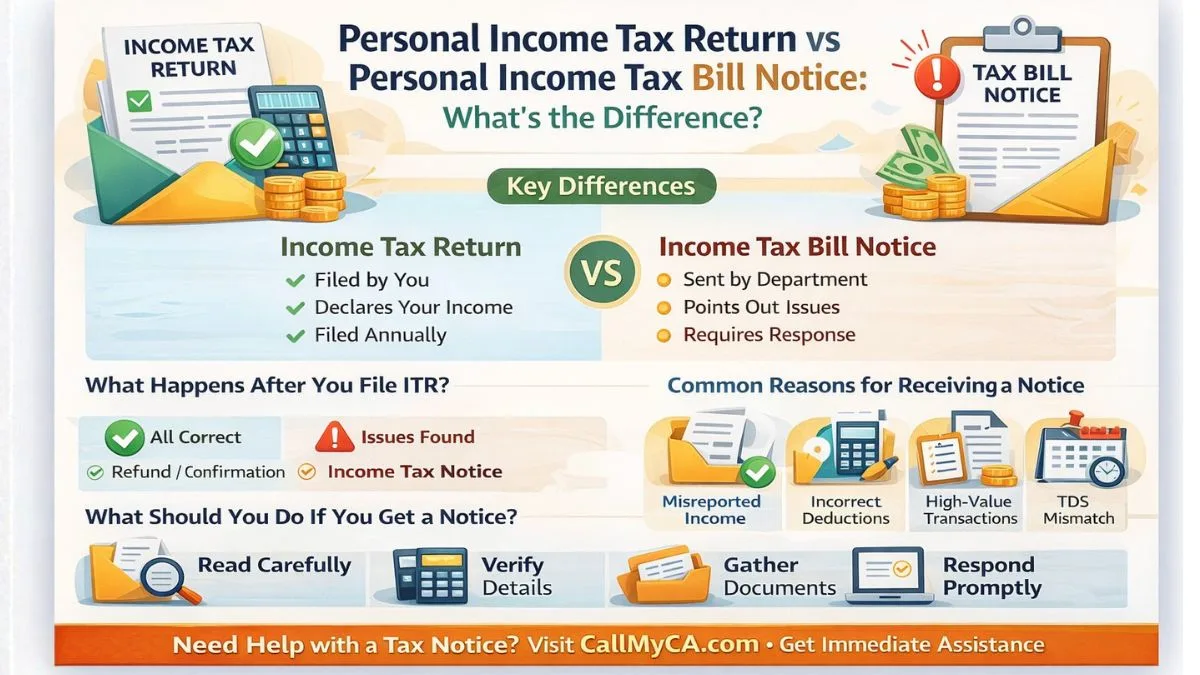
Taxation in India is often seen as complex because of the wide range of laws, sections, and provisions. Among them, Section 167B of Income Tax Act, 1961 plays a crucial role when it comes to taxation of associations of persons (AOPs) and bodies of individuals (BOIs).
In simple terms, this section applies in cases where the shares of members in an AOP or BOI are not clearly defined. In such situations, the Income Tax Department cannot determine the individual share of each member. To ensure there is no leakage of revenue, tax shall be charged on the total income of the AOP/BOI at the maximum marginal rate (MMR).
This provision ensures that taxpayers do not misuse loopholes in partnership or group arrangements to escape their tax liability.
What is Section 167B of Income Tax Act?
Section 167B is a charging section. It specifies the rate of tax when AOPs & BOIs earn income but their member shares are unknown or indeterminate.
- Full Text (Simplified):
“Where the individual shares of members of an AOP or BOI are unknown or indeterminate, the tax shall be charged on the total income of the association or body at the maximum marginal rate.” - Key Points:
- Applies to AOPs and BOIs.
- Triggered only when individual member shares are not clear.
- Ensures income is taxed at maximum marginal rate (MMR).
- Prevents misuse of tax laws by hiding ownership structures.
Applicability of Section 167B
Section 167B applies in the following cases:
- When shares of members are unknown or indeterminate
- Example: If an AOP earns ₹50 lakh & it is not clear how much each member is entitled to, then the entire income is taxed at MMR.
- When members include non-residents
- If any member of the AOP/BOI is a non-resident, then their income is taxed differently, but the AOP’s income can still attract MMR under Section 167B.
- Association of Persons (AOPs)
- A group formed voluntarily for a common purpose (e.g., friends forming a business without a partnership deed).
- Body of Individuals (BOIs)
- A body of individuals not forming a partnership but earning collective income (e.g., heirs inheriting property jointly & earning rent).
Also Read: Capital Gains on Transfer of Assets to a Firm
Maximum Marginal Rate (MMR) Explained
The Maximum Marginal Rate (MMR) is the highest slab of income tax applicable to individuals, including surcharge & cess.
- In India (FY 2024–25), the MMR is around 42.744% (including surcharge for very high-income taxpayers).
- Thus, if an AOP/BOI falls under Section 167B, their income could be taxed at over 40%, even if otherwise they may have fallen under lower slabs.
This is done to discourage vague ownership patterns and prevent tax evasion.
Section 167B and Non-Residents
The section also has implications for taxation of income earned by non-residents in India.
- If an AOP has non-resident members & the income is not clearly divisible, Section 167B ensures that the entire income is charged at the maximum marginal rate.
- This makes it clear that foreign or resident status does not dilute tax liability when ownership is unclear.
Practical Examples
Example 1 – AOP with Unknown Shares
- A group of 5 friends start an event management business as an AOP.
- They earn ₹60 lakh in FY 2024–25.
- But their agreement does not specify each person’s share."
👉 As per Section 167B, the entire ₹60 lakh is taxed at MMR (42.744%).
Example 2 – AOP with Defined Shares
- Suppose the same AOP clearly defines shares: A – 20%, B – 20%, C – 20%, D – 20%, E – 20%.
- Then tax is computed on each member’s share individually.
- If their individual incomes fall in lower slabs, they may pay less tax compared to MMR.
👉 This shows why clarity in ownership is critical.
Example 3 – BOI with Non-Residents
- Three siblings inherit property and form a BOI.
- One of them is an NRI.
- If shares are not defined, Section 167B applies, & total rental income is taxed at MMR.
Also Read: Is LLP a Firm or a Company? Understanding Its Legal Nature in India
Why Section 167B is Important
- Prevents tax avoidance – Stops people from exploiting ownership gaps.
- Ensures revenue for government – Maximum rate guarantees higher collection.
- Promotes clarity – Encourages members to define profit-sharing ratios clearly.
- Applies to both residents and non-residents – Ensuring fairness in taxation.
Judicial Interpretations
Courts have upheld the application of Section 167B in cases where ownership details were vague. The principle followed is simple:
- If ownership & income-sharing are clear, tax can be imposed individually.
- If ownership is vague, the AOP/BOI as a whole is taxed at MMR.
Planning Tips for Taxpayers
- Always draft agreements carefully – Define shares clearly to avoid MMR taxation.
- Maintain records – Keep documentation for contributions, profit-sharing, and expenses.
- Be cautious with NRIs – If AOP includes non-residents, structure the agreement properly.
- Seek professional help – Tax consultants can help minimize liabilities.
FAQs
Q1. What is Section 167B of Income Tax Act?
It deals with tax on AOPs/BOIs when member shares are unknown. Tax is charged at maximum marginal rate.
Q2. What is the Maximum Marginal Rate (MMR)?
It is the highest slab rate applicable to individuals, including surcharge and cess (currently around 42.744%)."
Q3. Does Section 167B apply to partnerships?
No. Partnerships are governed by separate provisions.
Q4. How does it affect non-residents?
If AOP/BOI includes non-resident members & shares are undefined, the whole income may be taxed at MMR.
Q5. How can I avoid higher tax under Section 167B?
Clearly define ownership shares in legal documents.
Also Read: Capital Gains Tax on Reconstitution of Firms Explained
Conclusion
Section 167B of Income Tax Act ensures fair taxation by imposing the maximum marginal rate on AOPs & BOIs where ownership shares are not clear. It prevents revenue loss to the government and discourages tax avoidance. Taxpayers must understand its implications, especially when dealing with non-residents or undefined ownership structures.
By carefully drafting agreements and maintaining clarity, you can avoid falling into the trap of MMR taxation under this section.
💡 Pro Tip: Confused about whether Section 167B applies to your AOP or BOI? Don’t risk unnecessary taxation. Visit Callmyca.com – our tax experts will help you structure your income properly and reduce your tax liability.

